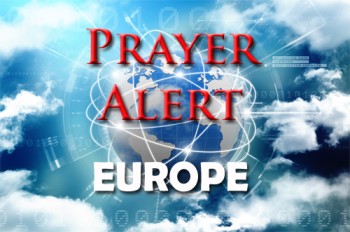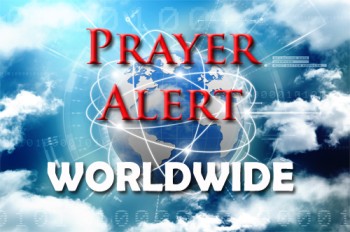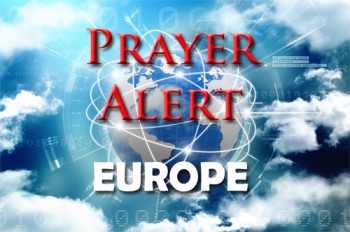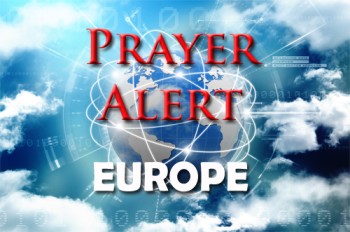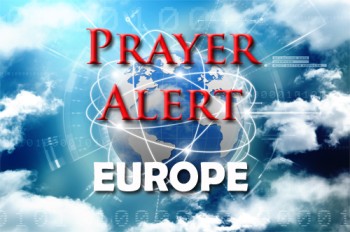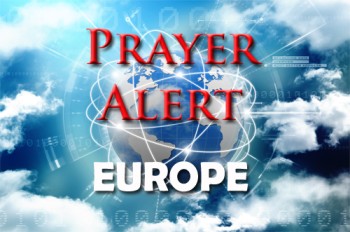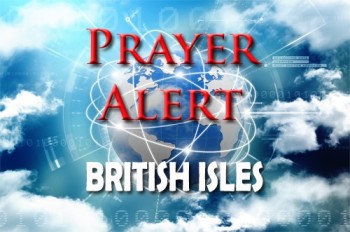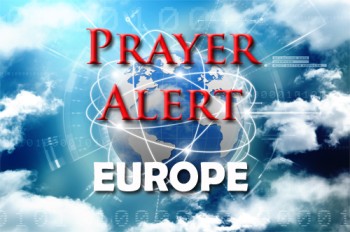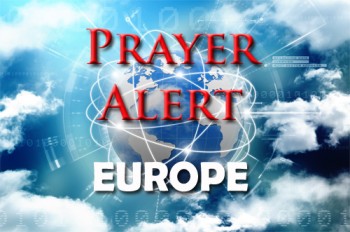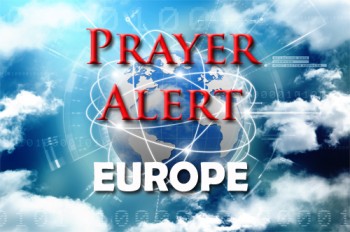Displaying items by tag: Netherlands
Netherlands: winners and losers after election
The Netherlands’ latest election has upended expectations, signalling both renewal and deep division in Dutch politics. After two years of turmoil and paralysis, centrist liberal party D66, led by 38-year-old Rob Jetten, surged to an unprecedented victory, capturing 26 seats and dethroning the far-right PVV of Geert Wilders. Jetten’s optimistic, reform-minded campaign, focused on housing, education, and stability, resonated with voters weary of scandal and polarisation. Meanwhile, Christian Democrat leader Henri Bontenbal’s call for ‘decent politics’ also struck a chord, reviving his party’s fortunes. The left, however, suffered a major setback: Frans Timmermans’ GreenLeft-Labour alliance fell short, prompting his resignation. Though Wilders’ PVV lost eleven seats, he remains a potent opposition voice, vowing to continue disrupting from the sidelines. Coalition-building will now test Jetten’s leadership in a fragmented landscape, where bridging ideological divides may prove harder than winning the vote itself.
Burkina Faso: government arrests eight humanitarian workers
The military government of Burkina Faso has arrested eight employees of the Netherlands-based International NGO Safety Organisation (INSO), accusing them of ‘spying and treason’. The security minister claims that the group, which includes citizens from France, the Czech Republic, Mali, Senegal, and Burkina Faso, continued operating after a three-month ban for allegedly collecting sensitive security data without authorisation; allegedly they passed information harmful to national security to foreign powers. INSO, which specialises in providing safety support for humanitarian operations, categorically rejected the accusations, insisting that all data it gathers is public and used solely to protect aid workers. The arrests come amid Burkina Faso’s growing estrangement from Western nations and its realignment with Russia, along with Mali and Niger. The ruling junta continues to battle armed groups linked to al-Qaeda, while facing criticism from human rights organisations over alleged abuses by its forces and allied militias.
Netherlands: government has to reduce nitrogen pollution
A Dutch court has ruled that prime minister Dick Schoof’s government must intensify efforts to reduce nitrogen pollution in protected areas, marking a legal victory for Greenpeace. Half of the country’s vulnerable habitats must meet nitrogen thresholds by 2030, with noncompliance incurring a €10 million penalty. Schoof’s administration, elected in 2024, shifted away from its predecessor’s €24.3 billion sustainability fund, favouring technological and voluntary measures instead. However, the court called for tangible financial and regulatory actions to address emissions from agriculture, industry, and transport. Greenpeace celebrated the verdict but emphasised the need for immediate action. The verdict reverberates with other countries facing similar legal challenges - seen now as a key tool to compel governments to environmental action - for the same reasons; it will also risk further protests from Dutch farmers who are concerned about anticipated herd reductions and new farm standards. The Schoof administration may appeal the decision, balancing stricter measures with potential rural unrest and EU compliance demands.
Netherlands: violence in Amsterdam continues
There has been severe unrest in Amsterdam since antisemitic violence linked to a football match on 7 November between Israel's Maccabi Tel Aviv and Ajax. The police presence in the city has been strengthened and most protests banned, but the violence has continued. The police have faced targeted attacks, including stones and fireworks. The disturbances have been fuelled by both anti-Israeli and anti-Palestinian sentiments, and Jewish institutions have received heightened security. So far, over a hundred people have been arrested in connection with the riots. Amsterdam’s mayor described the violence as an ‘outburst of antisemitism’: she said the authorities had considered calling the match off because of tensions fuelled by social media, but could find no legal grounds for doing so. The violence has sparked outrage, prompting an emergency debate in the Dutch parliament. In related news, four thousand police will be deployed in Paris on 15 November for a match between France and Israel: see
Netherlands: prime minister to become new NATO head
Dutch prime minister Mark Rutte is set to become the next NATO secretary-general after Hungary lifted its veto, following a letter from Rutte to Viktor Orbán. The letter promised Orbán that, as NATO head, Rutte would not deploy Hungarian troops or use its funds to support Ukraine. The current secretary-general, Jens Stoltenberg, says the selection process will conclude ‘very soon’. Orbán posted the letter on social media, confirming Rutte’s commitment to the agreement. Rutte acknowledged past remarks which had caused dissatisfaction in Hungary and reassured Orbán of his respect for the deal made between Stoltenberg and Orbán in Budapest. His confirmation depends on consensus among all NATO members; with the veto lifted, he is now poised to succeed Stoltenberg.
The Netherlands: controversial far-right party wins most seats
Geert Wilders, a controversial populist leader in Europe, is poised for victory in the Dutch general election. His Freedom Party (PVV), which, amongst other things, advocates bans on mosques, the Quran, and Islamic headscarves in government buildings, secured 37 out of 150 seats in the Dutch parliament. This marks a significant achievement in his career, which has primarily focussed on criticising Islam and mainstream politics. This unexpected win has positioned the PVV as a prominent political force. The left-wing coalition under Frans Timmermans came second with 25 seats, while the ruling VVD, led by outgoing prime minister Mark Rutte, won a disappointing 24 seats. The election signifies a drastic shift from the previous poll two years ago when PVV won only 17 seats. Despite Wilders' success, many remain sceptical about his ability to form a coalition and become the Dutch prime minister due to his divisive rhetoric and extremist positions. The Netherlands is now poised for a complex negotiation to determine the country's leadership.
President Zelensky visits UK
Volodymyr Zelensky's surprise visit to the UK included meeting Rishi Sunak, making a speech in Parliament and having an audience with King Charles. He arrived as Downing Street announced that the UK will train Ukrainian pilots to fly NATO-standard fighter jets in the future, as requested by Ukraine. It is also expected the UK will announce fresh sanctions on Russia. Downing Street added that British training would be scaled up by training a further 20,000 Ukrainian soldiers. Mr Zelensky next visited Brussels, having urged France, Germany and the UK to provide fighter jets for the war against Russia. ‘Europe will always remain free as long as we are together,’ he told the European Parliament. He will meet all MEPs at a summit of EU leaders, on his second trip abroad since the war began. See Ukraine has received signals from Poland and the Netherlands to say that they are ready to supply RAF Typhoons and F-16 fighters.
Netherlands: Advent calendars renamed
A well-known chocolate brand has omitted any reference to Advent from its Christmas calendars, calling them instead ‘Countdown Calendars'. Known to fans simply as Tony’s, the Fairtrade brand was founded in 2005 by three TV journalists who discovered that many chocolate manufacturers bought cocoa from plantations accused of modern slavery and using child labour. Launching their first festive calendar their promotion asked, ‘Are you looking for a way to count down to Christmas that gives you an excuse to chomp on our chocolate for 24 days straight? This is it.’ The company said making no reference to Advent keeps it ‘accessible to all who celebrate the festive season’. Christian Concern expressed unease over the marketing, saying, ‘To remove Advent from Christmas is to miss the meaning of Christmas.’ Others also criticised the ‘woke’ move, asking what is a ‘countdown’ to if not the birth of Jesus Christ.
Netherlands: Pre COP26 dialogue on adaptation
On the heels of last month’s warning from the UN climate science panel that extreme weather and rising seas are hitting faster than expected, over 50 ministers, heads of climate organisations and development banks met in Rotterdam this week and called for November’s COP26 climate talks to treat adaptation as ‘urgent’. They want more money and political will to help people adapt to the new reality. In a communique, they said adaptation – which ranges from building higher flood defences to growing more drought-tolerant crops and relocating coastal communities – had not benefited from the same attention, resources or level of action as efforts to cut planet-heating emissions. That has left people worldwide ‘exposed to a climate emergency unfolding faster than predicted’, they said.
Western Europe: deadly floods a ‘catastrophe’
Record rainfall in parts of western Europe has caused major rivers to burst their banks In Germany; at least 33 are dead and dozens missing after record rain left homes and cars washed away. The Rhineland-Palatinate state chief described the flooding as a ‘catastrophe’. At least six have died in Belgium. Liège city urged all residents to leave. The Netherlands is badly hit, with more deaths and many houses damaged in the southern province of Limburg. A number of care homes had to be evacuated. More rain is forecast for these areas.
